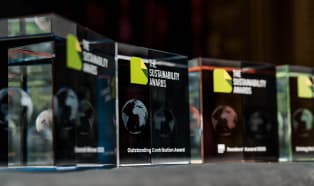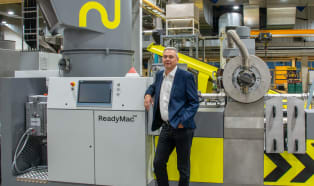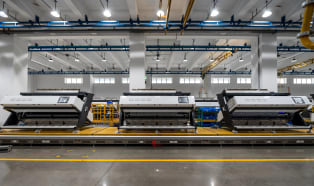
Sustainable Packaging Summit 2025 focuses on PPWR implementation
The 2025 Sustainable Packaging Summit in Utrecht gathered 854 delegates, 142 speakers and 89 exhibitors to discuss the implementation of the Packaging and Packaging Waste Regulation and long-term strategies for circular packaging.













